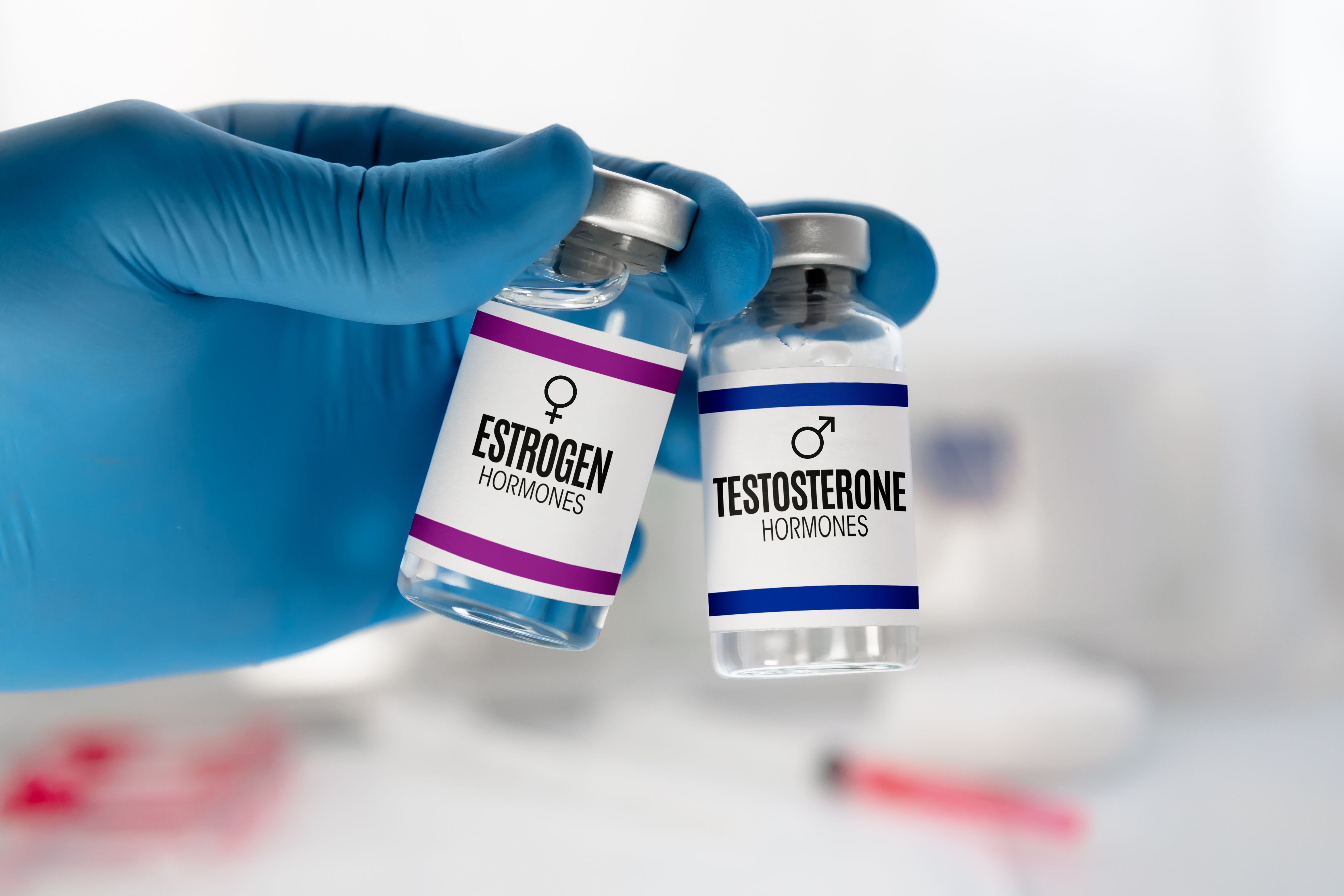Understanding the Difference: Synthetic vs. Bio-Identical Hormones
Introduction to Hormone Therapy
Hormone therapy is a treatment approach used to supplement or replace hormones in the body, addressing various health issues such as menopause symptoms, hormonal imbalances, and more. Two primary types of hormone therapies are synthetic hormones and bio-identical hormones. Understanding the difference between these two can help individuals make informed decisions about their treatment options.

What Are Synthetic Hormones?
Synthetic hormones are artificially created in laboratories and designed to mimic natural hormones in the body. They are often derived from animal sources or synthesized from plant compounds. Common synthetic hormones include those found in birth control pills and hormone replacement therapies.
Benefits and Drawbacks of Synthetic Hormones
Synthetic hormones are widely used due to their cost-effectiveness and availability. They have been extensively studied, providing a broad understanding of their effects. However, because they are not identical to the hormones naturally produced by the body, they may cause side effects or not be as well tolerated by some individuals.
Understanding Bio-Identical Hormones
Bio-identical hormones are chemically identical to those the human body naturally produces. These hormones are usually derived from plant sources like soy and yams and are then processed to match the molecular structure of human hormones.

Advantages of Bio-Identical Hormones
The primary advantage of bio-identical hormones is their ability to closely replicate the body's natural hormones, potentially leading to fewer side effects and better compatibility. Many patients report a more natural balance and fewer adverse reactions when using bio-identical hormone therapy.
Comparing Efficacy and Safety
When it comes to efficacy, both synthetic and bio-identical hormones can effectively address hormonal imbalances. The choice between them often depends on individual health needs and how one's body responds to treatment. Safety is another consideration; while both types have associated risks, bio-identical hormones tend to have a reputation for being safer due to their natural composition.

Choosing the Right Hormone Therapy
Deciding between synthetic and bio-identical hormones involves consulting with healthcare professionals who can take into account personal health history, symptoms, and preferences. It's crucial to discuss potential benefits and risks with a knowledgeable provider.
Conclusion: Making an Informed Decision
Understanding the differences between synthetic and bio-identical hormones is key to selecting the best hormone therapy for individual needs. Both options have their merits, and the right choice varies from person to person. Whether opting for synthetic or bio-identical hormones, informed discussions with healthcare providers can ensure a treatment plan that aligns with one's health goals.